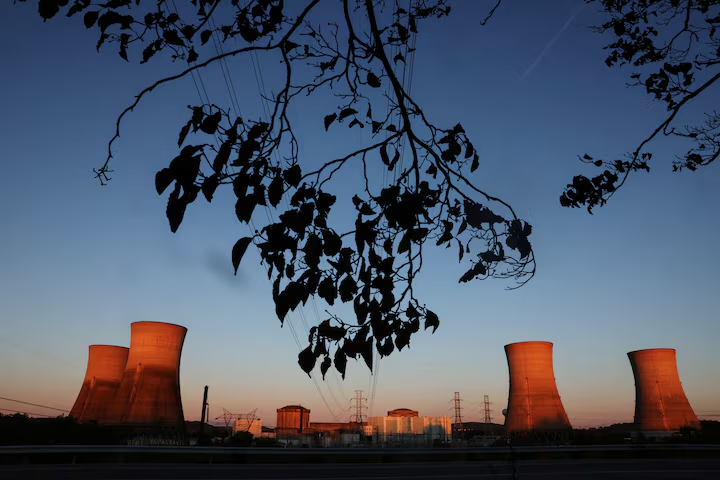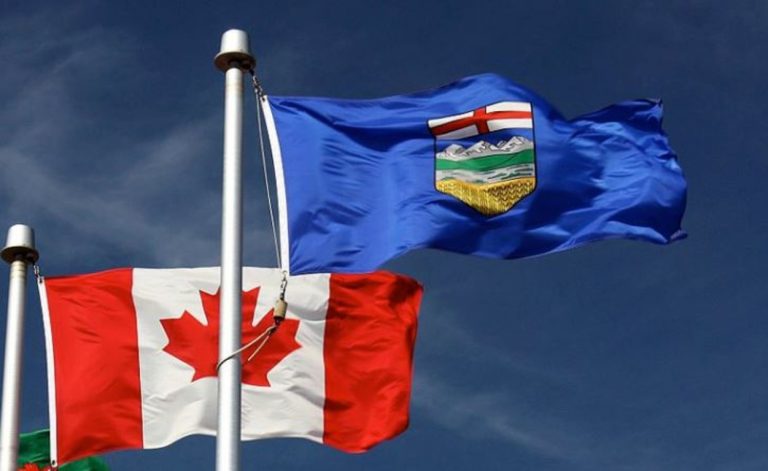The United Kingdom is facing intense criticism from human rights organizations and opposition politicians over its plans to finalize a £1.6 billion trade agreement with the Gulf Cooperation Council (GCC), a bloc of six Middle Eastern monarchies, with no human rights safeguards included.
According to multiple sources, the deal between the UK and Saudi Arabia, United Arab Emirates, Qatar, Bahrain, Kuwait, and Oman is close to being signed. While it has been described by the UK government as a post-Brexit economic win, campaigners have labeled it a “values-free” deal that blatantly ignores the human rights records of the participating states.
Groups such as Human Rights Watch and Amnesty International UK have condemned the deal for omitting legally binding clauses that would compel Gulf states to adhere to basic standards of civil and political rights. “This is not just a missed opportunity; it’s a deliberate retreat from the UK’s human rights commitments,” said Sacha Deshmukh, chief executive of Amnesty UK.
The deal, years in the making, is part of the UK’s wider strategy to boost global trade after its exit from the European Union. Ministers argue that the agreement will unlock significant export opportunities for UK businesses, particularly in sectors like finance, education, and defense. The Department for Business and Trade estimates the agreement could boost UK-Gulf trade, already valued at £61 billion annually, by £1.6 billion over the next decade.
However, the absence of clauses addressing press freedom, labour rights, and treatment of political dissidents has alarmed rights advocates. Many point to the documented suppression of free speech, torture of prisoners, and abuses against migrant workers in several GCC countries.
“It is deeply troubling that the UK would proceed with such an agreement without even basic human rights provisions,” said Maya Foa of Reprieve, an organization that campaigns against abuses of power. “The UK government is choosing trade over principles.”
Trade Secretary Kemi Badenoch has defended the government’s position, saying that engagement with Gulf nations is crucial for securing British economic interests and that human rights concerns are best addressed through diplomacy, not trade barriers. “Our approach has always been to maintain a separate diplomatic track to raise human rights concerns constructively,” she stated.
Nevertheless, this stance has drawn backlash from cross-party MPs, including Labour and Liberal Democrat lawmakers, who argue the UK is undermining its global standing by cozying up to authoritarian regimes without conditions. Some have called for Parliament to have a greater oversight role in future trade agreements, especially those with regimes accused of systematic rights abuses.
The timing of the deal has also raised eyebrows. Several Gulf countries, including Saudi Arabia and the UAE, have faced international condemnation in recent years for their crackdowns on dissent and restrictions on women’s rights. Meanwhile, Qatar remains under scrutiny for its treatment of foreign workers in the lead-up to the 2022 FIFA World Cup.
Analysts note that previous UK trade deals, including agreements with Australia, New Zealand, and Japan, have included language referencing human rights or sustainability. The omission in the GCC deal is seen as a calculated political decision to avoid offending key energy and defense partners.
Further criticism has been aimed at the UK’s failure to include civil society groups or parliamentary committees in the negotiation process. Transparency International UK described the secrecy surrounding the talks as “profoundly undemocratic.”
Despite the controversy, the government is expected to proceed with signing the agreement in the coming weeks. Civil society organizations are now urging members of Parliament to demand a review of the deal before ratification and to push for amendments that incorporate rights-based language.
In the words of a joint statement by over 20 NGOs: “Trade must not come at the expense of human dignity and justice. The UK must prove that it is still a nation guided by values, not just by profit.”
Source: The Guardian



